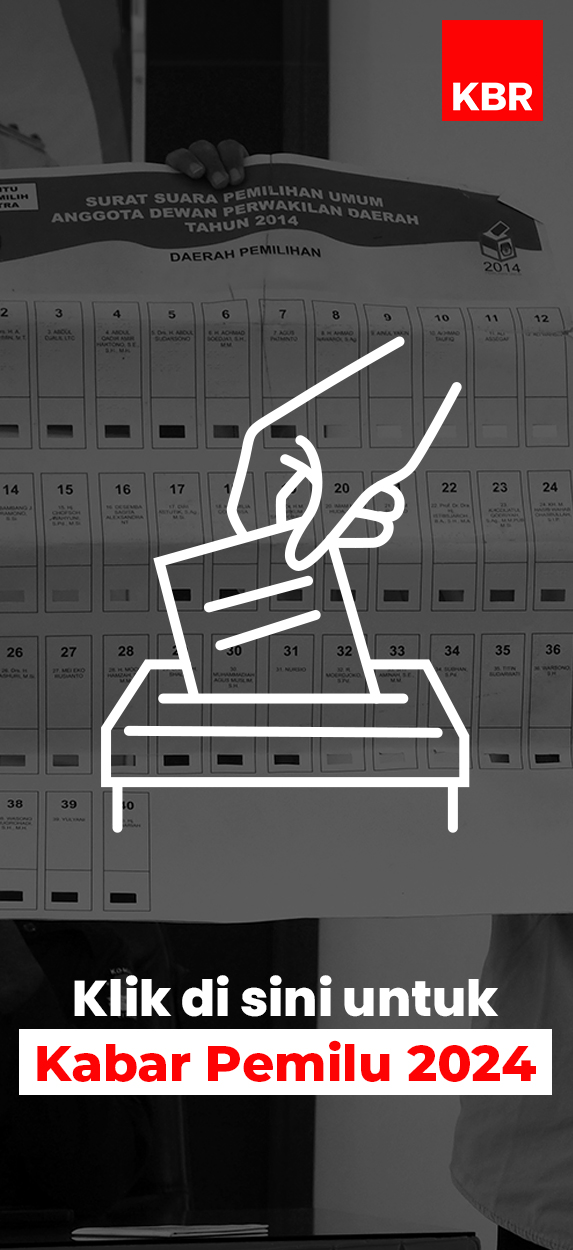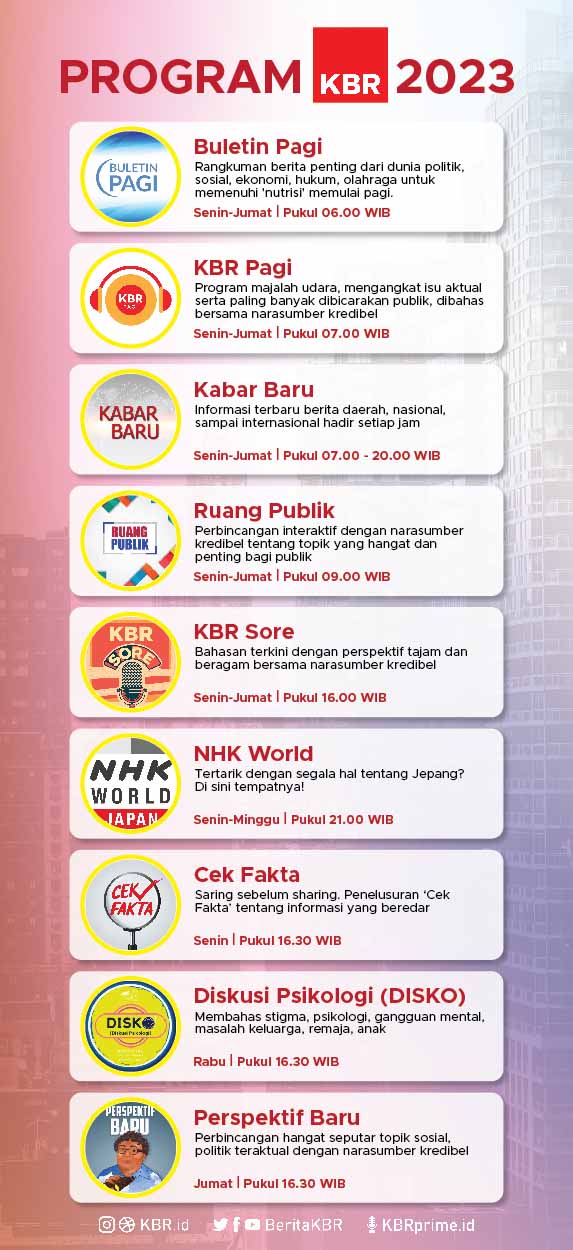This is the first time that Shabana has heard an ambulance siren as she was taken to hospital to give birth. Midwive Gul Naz Ahmed is accompanying her there. “This is the first time in my whole life to see a patient taken to medical center in an ambulance. This happens because of Dr Anita and her team that fights to save women and children.”
Shabana lives in Rehri Goht, a fishermen village in the outskirt of Karachi. She earns 2 US dollars a day for cleaning fish for fishermen. The village is located in the border of Pakistan’s financial capital, but the residents there are so poor.
According to the government, around 1 out of 10 babies die before the age of five. That is almost double the global mortality rate. But there has been no medical center in the village for the past 40 years, says Dr Anita Zaidi, Head of the Pediatrics Department at a local university in Karachi.
“There’s no nearby hospital. And women usually deliver babies with the help of a birth attendant, who has little or no formal training. When women have complications during labor, the babies often die while the women seek medical care.”
Dr Zaidi’s concerns compelled her to submit a proposal to reduce the child mortality rate in Rehri Goth – the village that she’s been working in for the past decade. Her proposal brought her 1 million US dollar in prize money from the American enterpreneur, Ted Caplow. “I know this community. I know what their problems are. It’s a really good match between what the community needs and what this prize offers.”
The village now has a medical clinic with good maternal care. The prize money is used to improve nutrition for pregnant women and train midwives. It’s also being used to set up a transportation network to get mothers who experience complications during childbirth to hospital.
“Pregnant women will get two medical check-ups to monitor their pregnancy, multivitamins to to promote a healthy fetus and food if they’re malnourished.”
Dr Qudsia Uzma from NGO Save the Children says it’s important for the government to step in. “The root problem is the lack of skilled health workers with the right equipment and medical supplies to support mothers, especially in the most rural and remote areas where they are needed the most.”
Back to the hospital. Shabana gives birth to a healthy baby girl. “I thank God for this. I will get good health care and now every woman can get the health facility in this area.”







